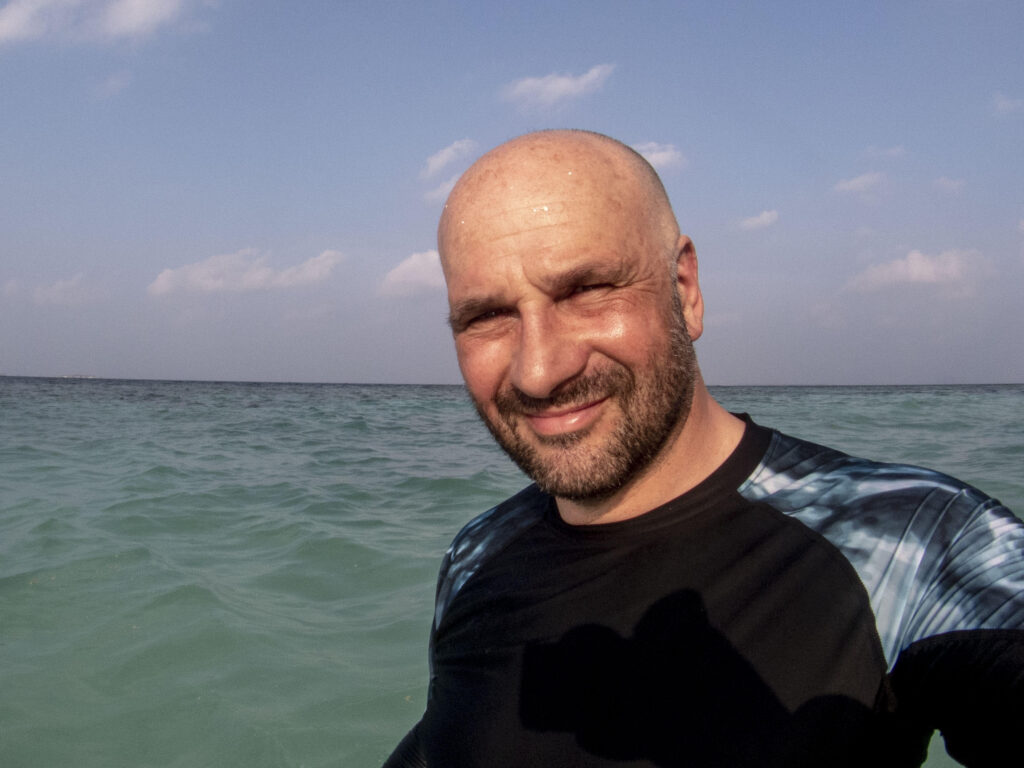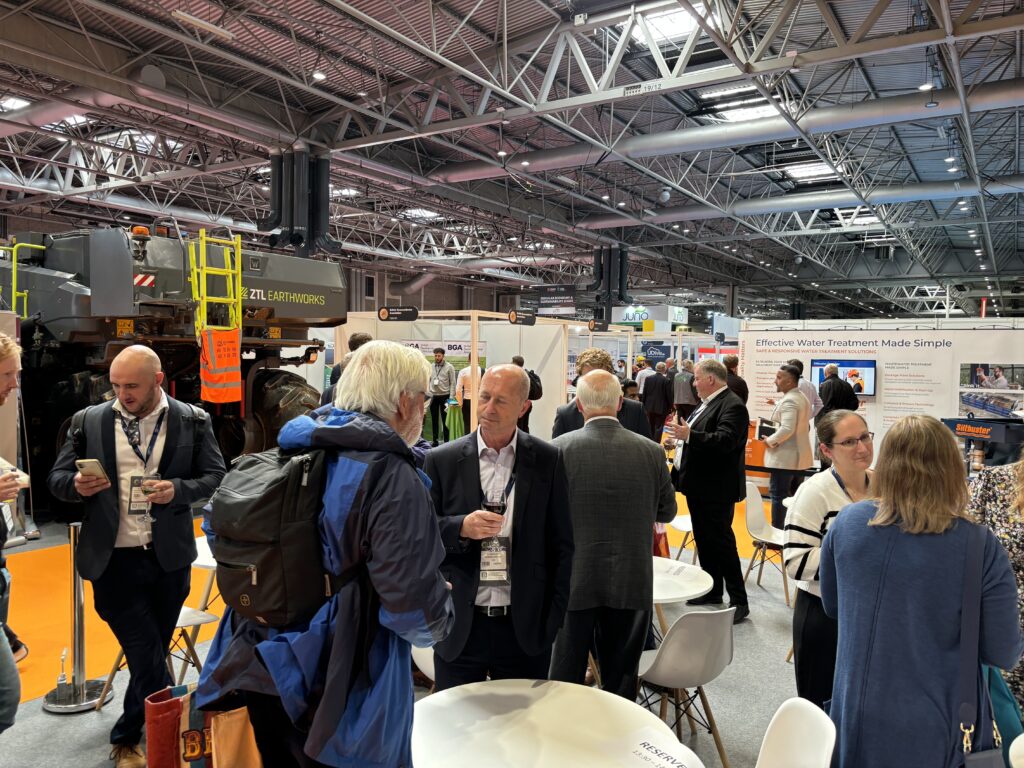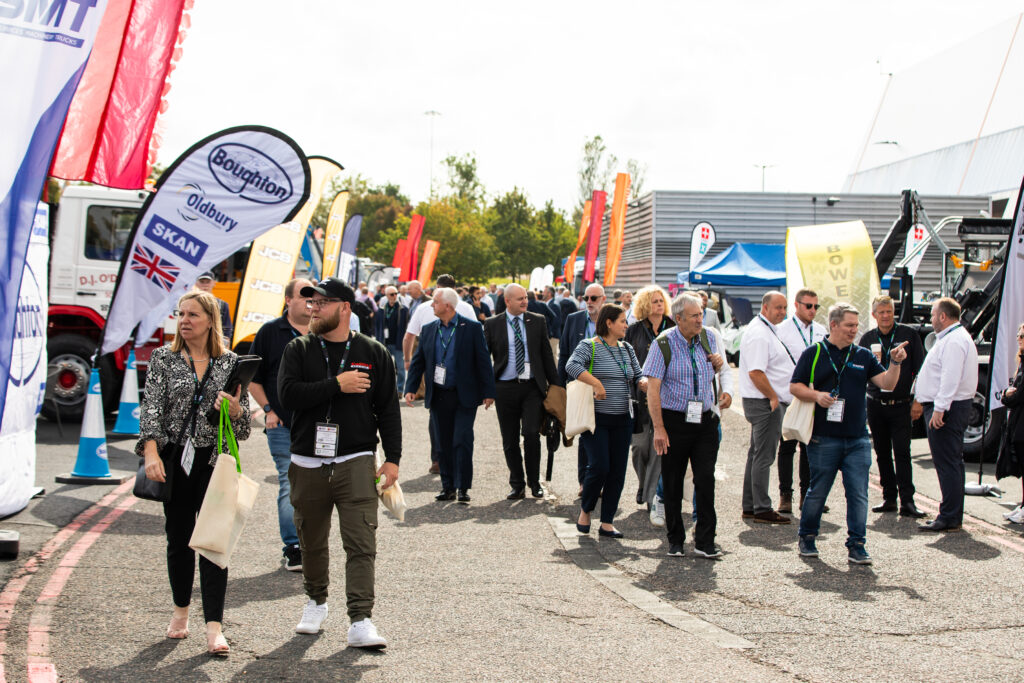James Honeyborne is speaking at 11:15 on day one of the RWM Expo, taking place on 13-14 September at the NEC in Birmingham. He will be discussing the ‘Blue Planet effect’ and how the show catapulted the environment to the forefront of people’s minds.
Ahead of the show, James sat down with letsrecycle.com’s editor Joshua Doherty to give a sneak peak of what to expect.
He said the impact of the show has been “incredibly heart-warming and inspiring to see how people have responded”. James also said the show forms part of a much bigger picture but it really gives him “faith in human response”.
He will also reflect on the power of good storytelling to get people behind greater ideas and to help improve the environment and hopefully to help make the world recover which is what we want.
Click here to register for your free ticket to the RWM show, part of the Environmental Services & Solutions Expo.
Discussion
“We wanted to get people talking and thinking about ocean health but as is so often the case if you actually show people the problem, they want to try and help,” James explained when asked about his thinking behind the show.
Illustrating the scale of the public response, Mr Honeyborne cites the BBC’s audience research which suggested that some 21 million people intended to make a positive change as a result of watching the series. A further 79% of people said they felt inspired by the series, Mr Honeyborne continues, adding that there was a “huge surge of interest” in plastic recycling following the series, with online searches for how to recycle going up by 55%.
Moreover, a quarter of viewers say that immediately after watching the series they’ve done something directly as a result, he also notes. “I can only put that down to us managing to achieve what we’d hoped to, which is help people connect with and care about the world which is otherwise alien, cold, remote-looking and otherworldly,” he explains. “And that’s down to storytelling.”
In Mr Honeyborne’s words, seeing how people have responded has been “incredibly heart-warming” and “inspiring”. “Of course, it’s just the start for us and only part of a much bigger picture but it really gives me faith in human response and reflects back on the power of good storytelling to get people behind greater ideas,” he outlines.
We live in a very finite world and all our actions do matter
Storytelling
According to Mr Honeyborne, it’s the storytelling that “makes the connection between our world and the planet and between our own health and the planet’s health”, awakening “a sense of responsibility to look after our world” in the viewer.
Mr Honeyborne thinks that we as individuals need to feel that our decisions have a purpose to them and that they matter. He says that the experience of Blue Planet II helped show him that “people care deeply about the ocean and when they feel inspired and invited to take part, they feel empowered to act”. “These stories can help propel us to take the actions needed to tackle these great changes,” he adds.
Citing Sir David Attenborough, Mr Honeyborne continues that saving the planet now is a communications challenge, not a scientific one. He highlights the importance of being “brave enough to not just lecture and tell people what to do but rather, draw people in through ambitious and entertaining content that really stirs our hearts and challenges our minds”, leaving us feeling really motivated.
“I think that goes across all industries involved in looking at environmental issues and sustainability, whether it’s at a national or a global level. We live in a very finite world and all our actions do matter,” he summarises.










Subscribe for free